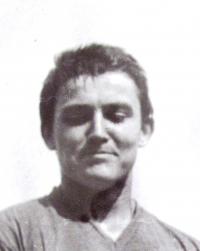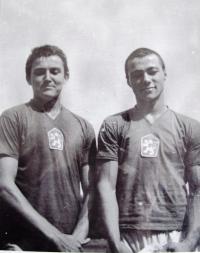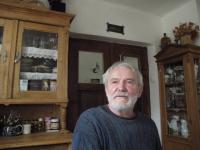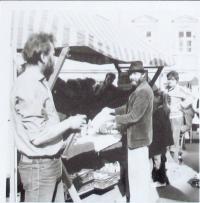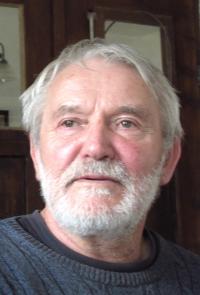Do not bother with matters you cannot influence

Stáhnout obrázek
Jan Vítek was born on 18 August, 1948 in Prague. He grew up in Nové Město in Salmovská street and went to school in Štěpánská. His father was a wood sculptor, his mother a clerk, both roman Catholics. After school he learn electrician, then studied a secondary engineering school and then the High School of Economics in the field of information technology. From the ninth grade he rode kayak competitively. In the discipline he obtained the title of the republic master. However, with the entry of the Warsaw Pact armies in August 21, 1968, he left racing immediately. In the days of August 1968 he felt very strongly about the entire political situation. In 1986 he joined the International Students Union as an economist due to an apartment. There he copied the first prints of Lidove noviny. Since 1988 he printed Lidove noviny at home. He managed to conceal his activity before the state authorities until November 1989 and has never been interrogated. In 1989 his son was born. After the Velvet revolution he went into seclusion. Since 1992 he lives in Myslkovice near Soběslav and makes his living as a ceramist.
